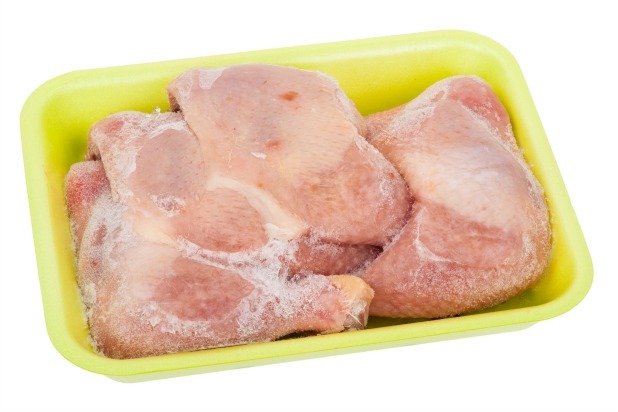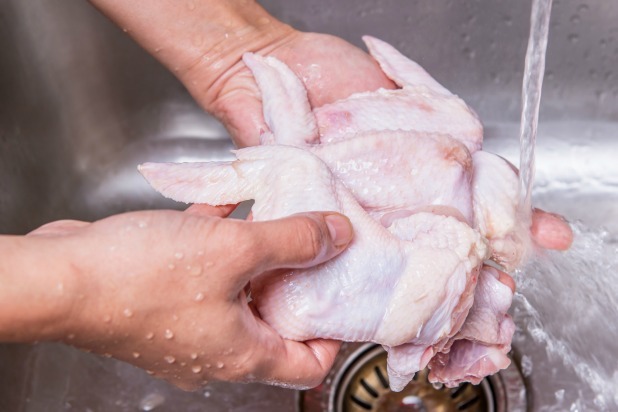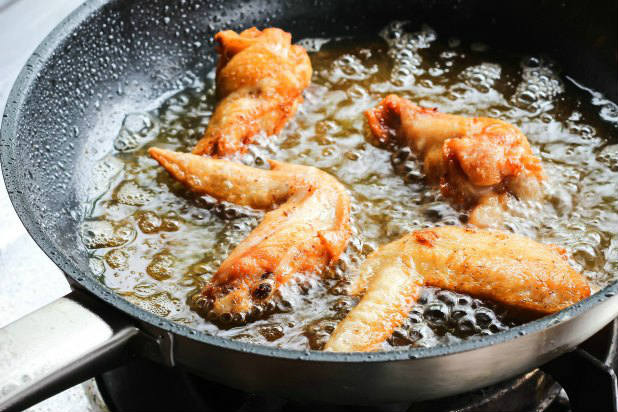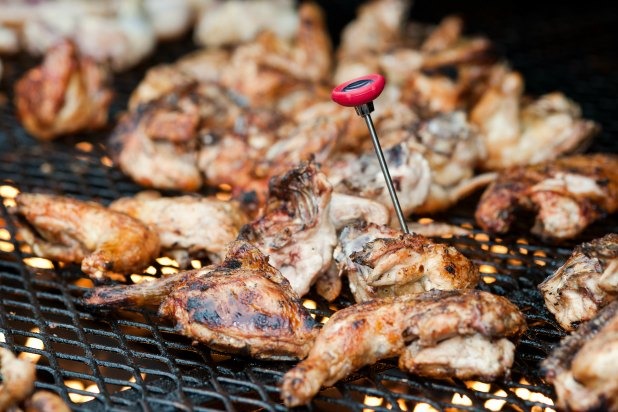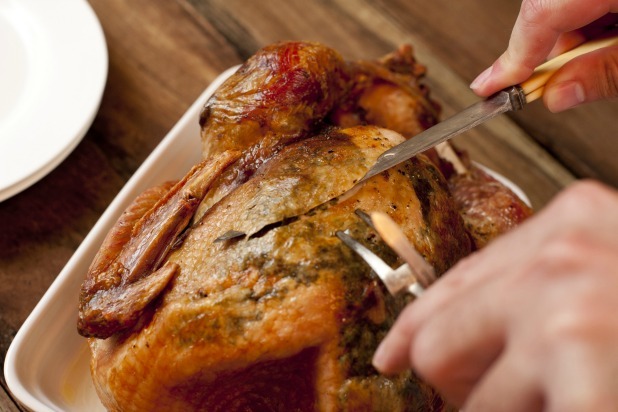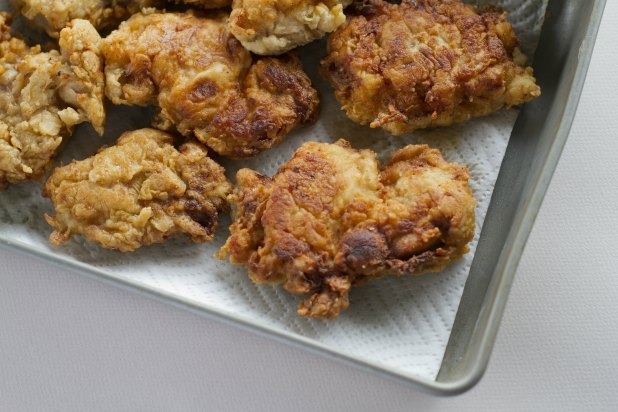8 Ways You've Been Cooking Chicken Wrong (Slideshow)
When you're grocery shopping, it's important to separate the ingredients in your cart. Even packages of raw chicken that are well-sealed should not be allowed to touch other items in your shopping cart, especially those that will be eaten raw; keep poultry and produce confined to separate areas of your shopping cart to help prevent food-borne illness.
Thawing Chicken
According to the USDA, there are three safe ways to thaw frozen chicken: plan ahead and thaw frozen chicken in your refrigerator, place the chicken in a sealed, leak-proof plastic bag and thaw it in cold water (changed every 30 minutes), or thaw the chicken in your microwave immediately before cooking it.
Cross-Contamination
Rinsing your chicken before cooking it doesn't kill germs; it actually spreads them. Don't rinse your chicken in the sink and, if you have been, be sure to sanitize your sink to prevent food-borne illness.
Uneven Cooking
If you're cooking boneless chicken breast, be sure to pound it to a uniform thickness; just place the chicken breast between two sheets of plastic wrap and hit it with a rolling pin. Pounding the chicken will prevent the naturally thinner end of the breast from overcooking and drying out while the thicker end continues to cook through.
Crowding the Pot or Pan
Whether you're frying or sautéing chicken, it's important to cook only a few pieces at a time. If you fry too many pieces of chicken at once the temperature of the oil will drop and you won't get a crispy crust.
Overcooking
Chicken is done cooking when the juices run clear. That means that when it's cut open, the juices are no longer pink. If you're unsure how to determine doneness, use a meat thermometer. Chicken should be cooked until the center reaches 165 degrees Fahrenheit. Cooking chicken past that temperature dries it out.
Resting
Like other types of cooked meats, chicken benefits from resting a few minutes before being cut. If you've roasted a whole bird, be sure to let it sit for a few minutes before carving it; the chicken will be juicier.
Paper towels
If you're frying chicken, don't drain the finished chicken on a paper towel — this creates steam and can make your chicken soggy. Instead, drain the excess oil from your chicken by placing it on a wire cooling rack set over a baking sheet.

